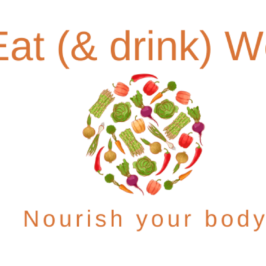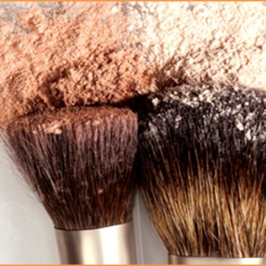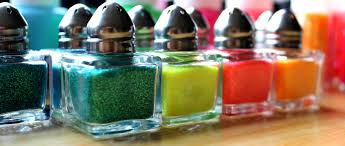 Many people view Feng Shui (pronounced Foong Shway) as something that’s a bit of a mystery, and that it’s mostly about moving furniture around a room. Feng Shui is actually about creating harmony and balance in our lives, and will help us achieve our goals.
Many people view Feng Shui (pronounced Foong Shway) as something that’s a bit of a mystery, and that it’s mostly about moving furniture around a room. Feng Shui is actually about creating harmony and balance in our lives, and will help us achieve our goals.
Feng Shui is a traditional Chinese art, with its foundations coming from Taoism and Traditional Chinese Medicine. It’s based on the principal that everything (living and non-living) vibrates at different frequencies, and quantum physics has been able to prove this is true. So, it makes sense that our individual energy/vibration can be affected by all of these vibrational frequencies. The landscape around our home can impact the energy (or Qi as we say in Feng Shui) of the home, as can the layout of rooms and furniture.
Translated Feng Shui means “wind water” and aims to optimise the flow of Qi (pronounced chi) in our homes and workplaces; to positively impact our lives in relation to health, finance, career and relationships. We work to optimise the space you’re living in by suggesting layout changes and subtle remedies, or can advise people on the Feng Shui of a property prior to purchase.
There are a number of different schools of traditional Feng Shui, as well as some simplified western versions. I prefer to practice the traditional forms (Flying Stars and Form Schools) as they are more powerful in changing subtle energies, and are able to develop more individualised understandings and solutions for each home and its occupants.
- Flying Stars is a complex mathematical form that takes into account time and directon. The basis of Flying Stars allows the truest and most amazing effects of Feng Shui to come to life. For example by ensuring occupants are sleeping in the best area of the home, this can result in not just improved sleep, but also better relationships in their lives.
- I also incorporate Form School practices that look at the forms (trees, buildings, hills, water) in the surrounding landscape as well as the forms (furniture) within the home that effect Qi. For example having a desk with a solid wall behind it will make the person feel more supported in their work and personal life.
- The most common westernised version developed in the 1970’s (often called Three-Gate School) is based on using a predetermined layout on every home for example the entrance always represents career. This is limited because it doesn’t account for the actual direction of the home, or time. It’s not to say that this type of Feng Shui wont have positive effects, because the intention behind making changes can be powerful, however not as powerful as Flying Stars.
- In addition to traditional Feng Shui I also incorporate Building Biology (modern Feng Shui) into my recommendations. This involves looking at potential health hazards in the home that could affect your energy and health such air quality, electro magnetic frequencies, water quality, building products etc. For example indoor air quality is generally much worse than outside which can affect your health, and this cant be remedied with Feng Shui. So providing recommendations on how to improve air quality can have a dramatic effect. Building Biology will sometimes overrule traditional Feng Shui principals, for example we wouldn’t put a bed in an ideal Feng Shui position if it meant having the meter box behind where you sleep.
Ultimately, on average we spend 90% of our time indoors and being able to create indoor environments that create harmony, and support our health and happiness can make an enormous difference to our lives.







Leave a Reply